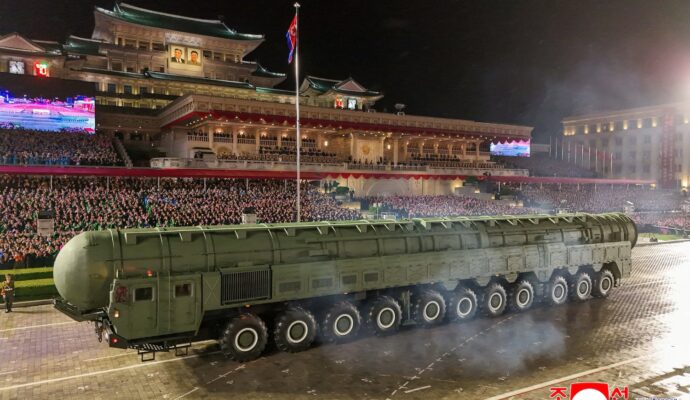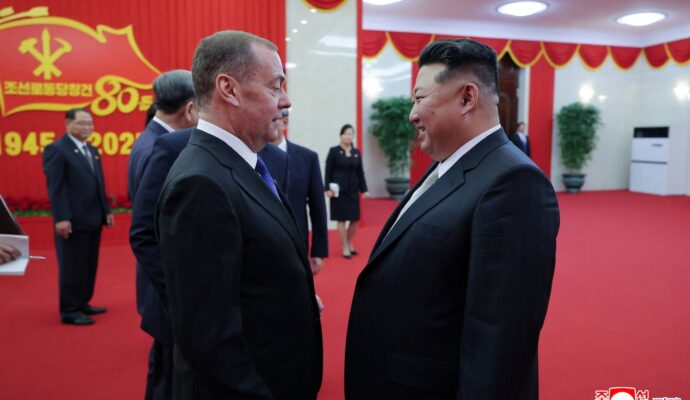One North Korean woman described how her father died of starvation. Another said her friends were publicly executed for watching and sharing South Korean television dramas. North Korea’s ambassador appeared unmoved. When he got up to speak, he described it as a political scheme and labeled the women as “human scum.”
For the first time in its history, the United Nations General Assembly has held a high-level plenary meeting focused exclusively on human rights abuses in North Korea.
The session, held at U.N. headquarters in New York on Tuesday, brought together diplomats, international human rights experts, and North Korean escapees to spotlight the government’s abuses. The meeting was convened under a North Korea human rights resolution adopted by consensus in December 2024.
Elizabeth Salmón, the U.N. special rapporteur on North Korean human rights, told the assembly that conditions in North Korea have sharply worsened since the COVID-19 pandemic.
“North Koreans have lived in near-total isolation for over five years,” Salmón said. She cited border closures, severe restrictions on humanitarian aid, and limited access to outside information as key factors worsening the humanitarian crisis. Newly adopted laws, she added, have further restricted freedom of movement, labor rights, and freedom of expression.
Death penalty
In 2020, North Korea passed the Anti-Reactionary Ideology and Culture Act, imposing harsh penalties — including death — for watching or distributing foreign media. In 2021, supreme leader Kim Jong Un issued a directive to prevent young people from adopting South Korean speech, fashion, and hairstyles. Subsequent laws, such as the Pyongyang
Cultural Language Protection Act, further curtailed South Korean and foreign cultural influences. These are collectively known as the “three major oppressive laws” aimed at tightening ideological control.
Two women who had escaped from North Korea and now live in South Korea shared personal accounts of life inside the country.
Gyuri Kang, 24, who fled North Korea in 2023 aboard a 10-meter wooden boat with her mother and aunt, described how the authoritarian regime publicly executed people — including teenagers — for watching or distributing South Korean dramas.
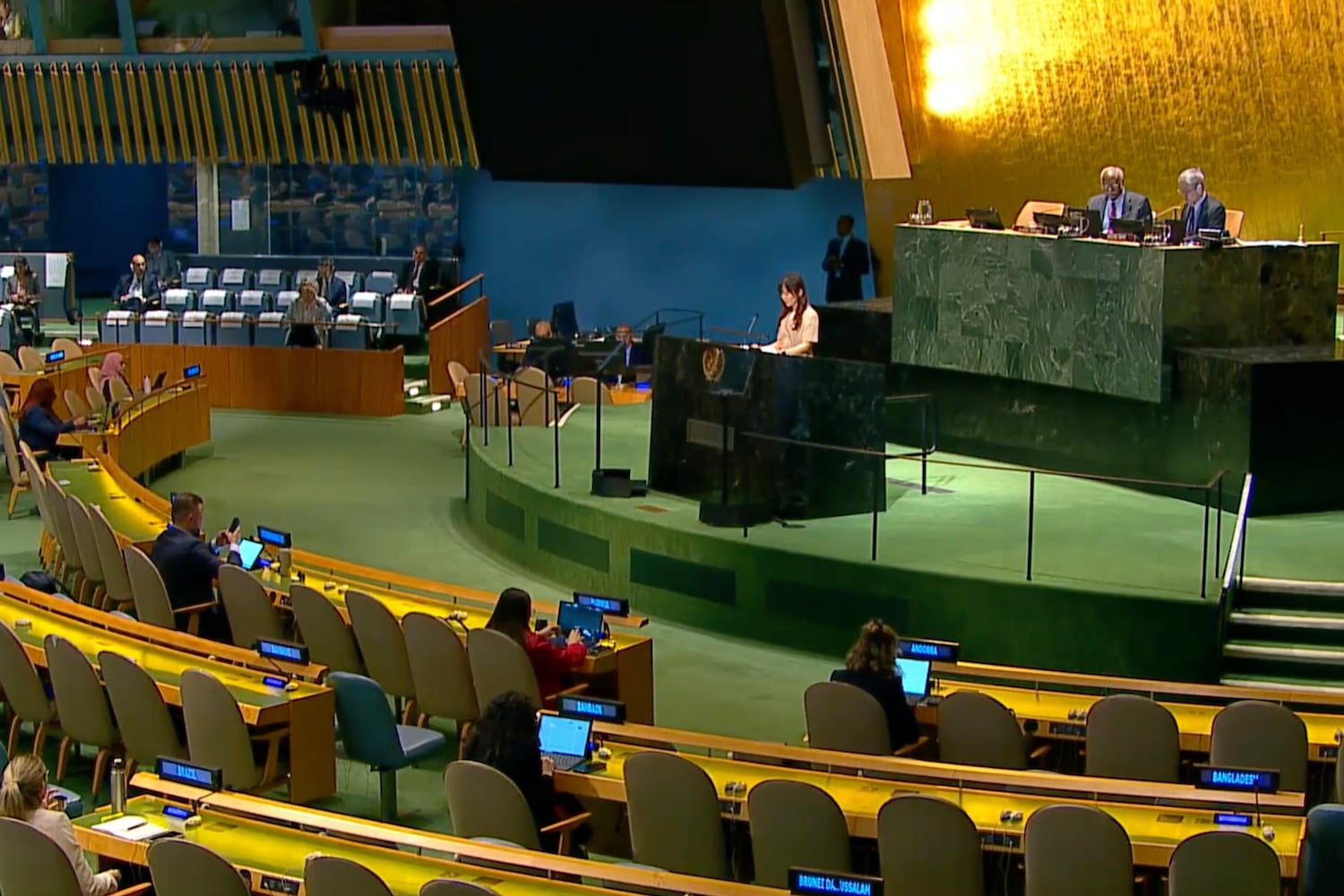
“Three of my friends were publicly executed,” Kang told assembly. “Two were killed for distributing South Korean dramas. One was just 19 years old.”
She said North Korean authorities are determined to keep their people in the dark and prevent them from dreaming of freedom. Kang added that the COVID-19 lockdowns gave the regime the perfect excuse to intensify its crackdown amid widespread hyperinflation, economic hardship, and hunger caused by the collapse of trade with China.
Fled across the river
Eun-joo Kim, who escaped North Korea in 1999 at age 12, recounted a harrowing journey marked by loss and exploitation. She said she lost her father to starvation at age 11, then fled with her mother and sister across the Tumen River that defines a large section of North Korea’s northern border — only to be trafficked after arriving in China.
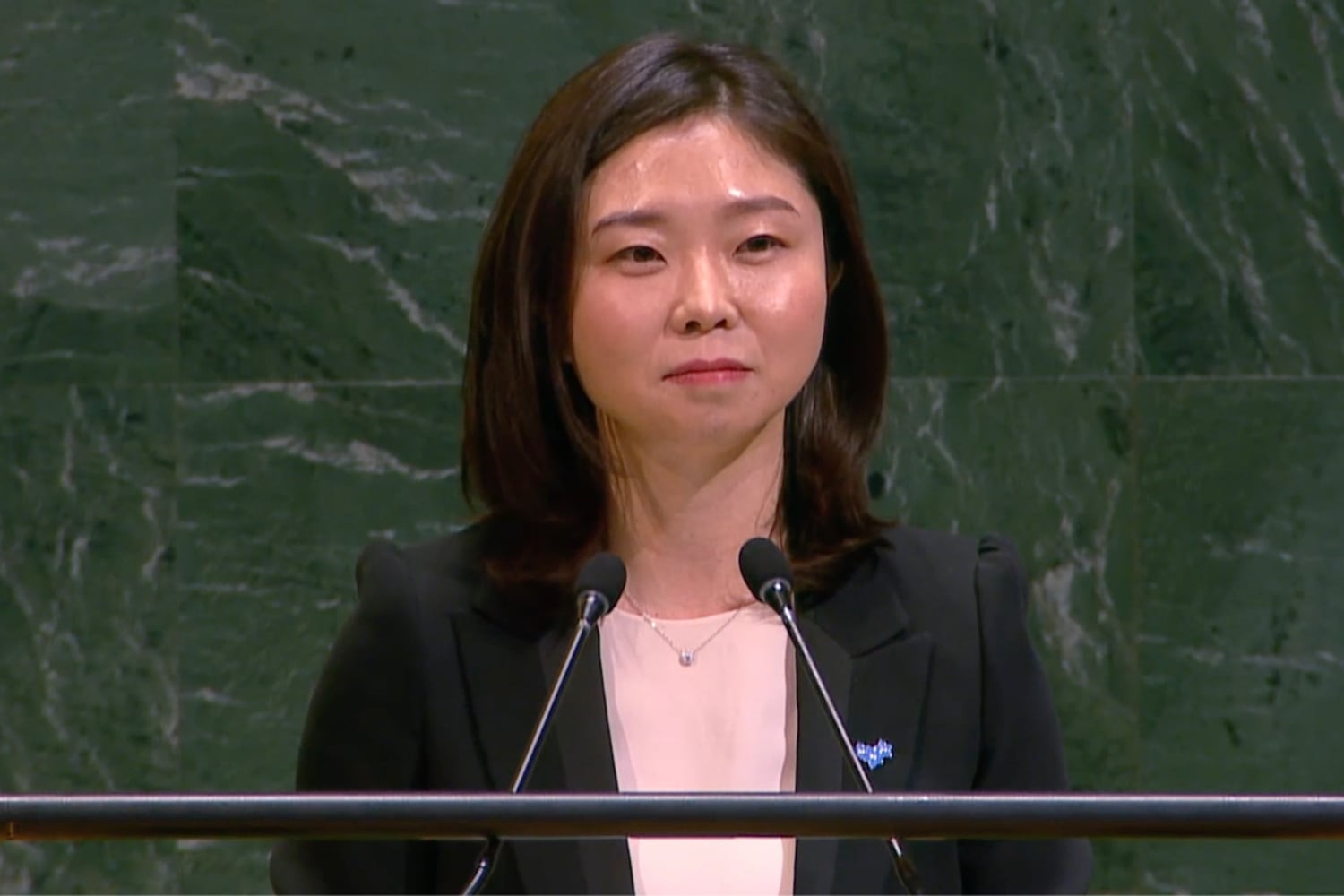
Kim also described how North Korean soldiers are being deployed to the Russia-Ukraine war without knowing their location or the reasons for fighting.
“They don’t even know where they are or why they are fighting,” she said. “Meanwhile, parents back home live in pain, not knowing whether their sons will return.”
North Korea has recently confirmed deploying troops to support Russia in the Ukraine conflict, acting on orders from Kim Jong Un, and claimed to have helped reclaim Russian territory held by Ukrainian forces.
Human scum
The North Korean delegation, led by Ambassador Song Kim, strongly condemned the meeting as a “political scheme.” Kim disparaged the escapees and said the meeting aimed to undermine the dignity and sovereignty of North Korea.
“What is more deplorable is the invitation of human scum who have even betrayed their own parents and families,” Kim said. “The DPRK delegation categorically rejects and strongly condemns this meeting, which was convened with the political aim of undermining the dignity and sovereignty of our state.”
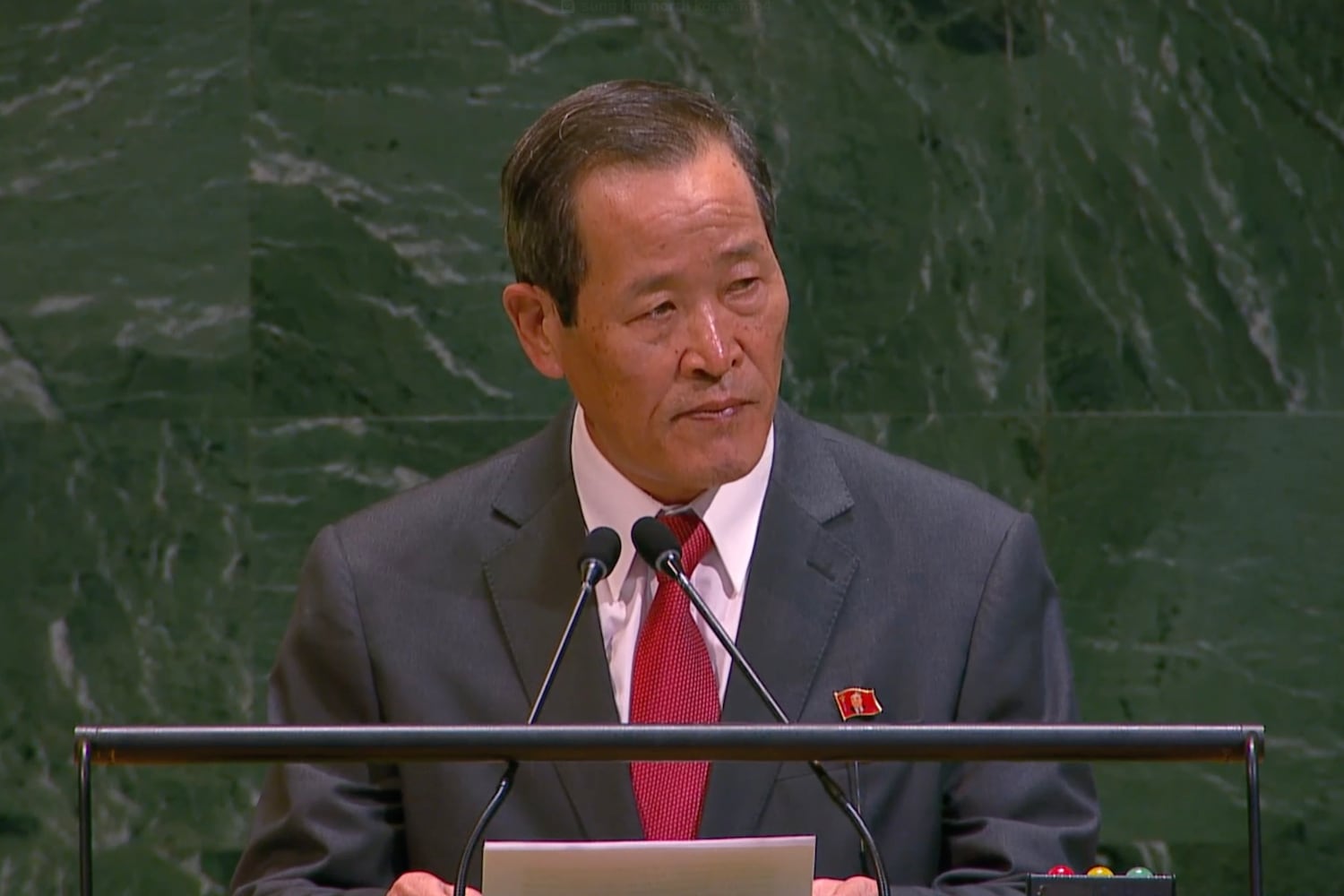
DPRK stands for the North’s official name, the Democratic People’s Republic of Korea.
China and Russia also criticized the meeting, saying it was held without the consent of North Korea and questioned its legitimacy.
The General Assembly is the main deliberative and policy-making body at the United Nations. Every member state is represented there. Its resolutions have political weight, but are not binding on member states.
Greg Scarlatoiu, president of the U.S.-based nongovernment Committee for Human Rights in North Korea, said the regime in Pyongyang has become a global threat, citing arms exports to Russia and militant groups in the Middle East via Iran.
“North Korea’s threat now reaches far beyond Northeast Asia,” Scarlatoiu told the assembly. “Its roots lie in the regime’s systematic human rights abuses.”
Sean Chung, executive director of Canada-based rights group Han Voice, told the assembly North Korea’s rights abuses are closely tied to its military ambitions. He urged U.N. member states to establish an independent expert mechanism under the General Assembly to investigate links between North Korea’s human rights violations and threats to global peace and security.
Edited by Mat Pennington.
